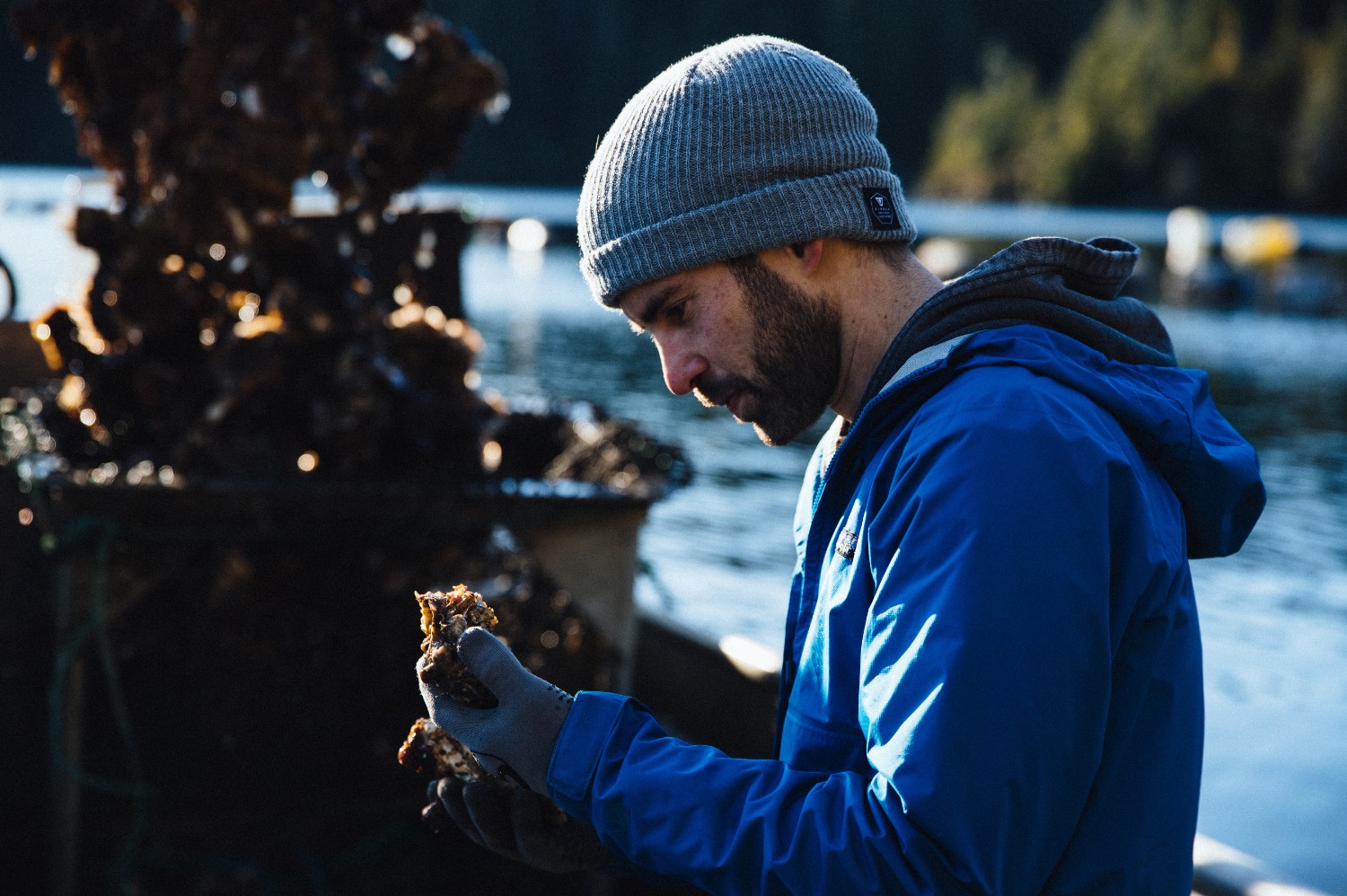Forbes | Chefs At This Hospitality Brand Are Fighting To Save Our Oceans
Article written by Jordi Lippe-McGraw for Forbes
Over the past year, ocean conservation has caught mainstream attention with the release of "Seaspiracy." And now World Oceans Day by United Nations on June 8 is expected to bring the conversation to the forefront. But the chefs at one hospitality brand have already been working hard to make a difference in protecting our oceans.
Relais & Châteaux is the only hospitality association with an NGO partnership with a global mission to halt unethical fishing practices, encourage marine biodiversity, and help combat climate change. With the largest collection of Michelin-starred chefs globally, they have the power to influence. With this influence, they hope to raise awareness of sustainable fishing and the pivotal role in consuming seafood.
Plus, this year's UN theme for World Oceans Day is #OdetoShellfish, which focuses on the livelihoods connected to the ocean like the fishers and farmers who endured the pandemic's hardships. The luxe hospitality brand's chefs support the development of a sustainable blue economy by working with those running ocean businesses with sustainability at the top of their minds. (e.g., oyster farmers).
"We understand that the ocean is in danger, but it is possible to lead a delicious revolution to protect biodiversity and marine life," Olivier Roellinger, Vice President of Relais & Châteaux, told me. "It is our mission as passionate hospitality professionals to each act at the local level, in our respective regions, to live in harmony with nature, encourage and grow awareness on sustainable practices."

Since each property is individually owned, how the chefs are achieving this goal varies with a focus on local sustainability. For example, Wickaninnish Inn in Canada supports Pacific Rim Surfrider Foundation with an annual fundraiser and has been designated an "Ocean Friendly Business." They only serve Oceanwise approved sustainable seafood and local products and host regular beach clean-ups in partnership with Surfrider.
Calabash Luxury Boutique Hotel in Grenada even uses ocean conservation as a hands-on activity for guests. The Lionfish Hunting at Calabash is a local activity where guests can hunt for lionfish, which has become a highly invasive species in the Atlantic. They are harmful to coral reefs and have been shown to destroy the well-being of other native marine life. And because they have no natural predators, lionfish continue to prosper and need to be hunted, something guests of the luxe hotel can try.
And Secret Bay in Dominica has a coral reef restoration program after the hurricanes caused a lot of discoloration of the corals. The property guides will take guests out to the reefs to assist in the planting or viewing the coral reef restoration process. And they also offer a lionfish hunting experience, in which guests can catch the fish, and the chef can help prepare it for them.
"It's rare for a country to have no commercial fishing boats, only pirogues or canoes, where fishermen use hand lines and catch one fish at a time," said Secret Bay General Manager Dinesh Kissoon. "This is the case in Dominica, and at Secret Bay, Executive Chef Fabio Fernandes meets these fishermen on arrival back to shore to select the hand-caught sea-to-plate offering carefully."
This interconnection between the chefs and the "farmers of the sea" drives Relais & Châteaux's World Oceans Day initiatives. "We aim at putting a light on those who are on the front line for protecting the oceans," added Roellinger. "A large portion of seafood is consumed in restaurants, but restaurants around the world have faced unimaginable challenges in the last year, and this had a major impact on our local producers."
See All Blog Posts